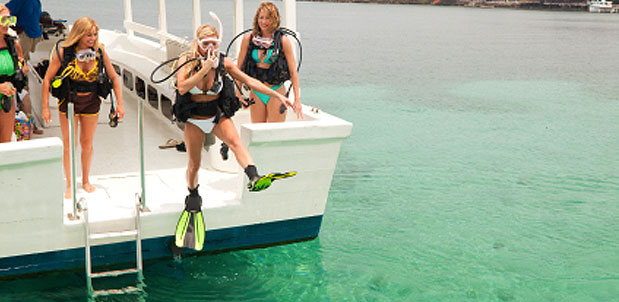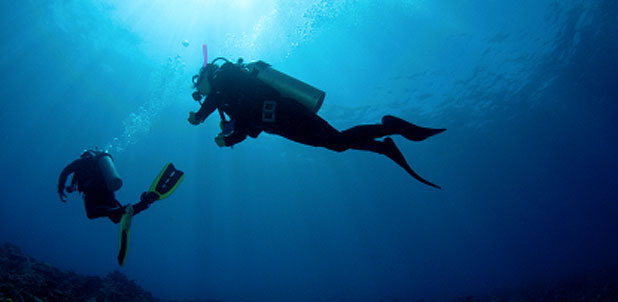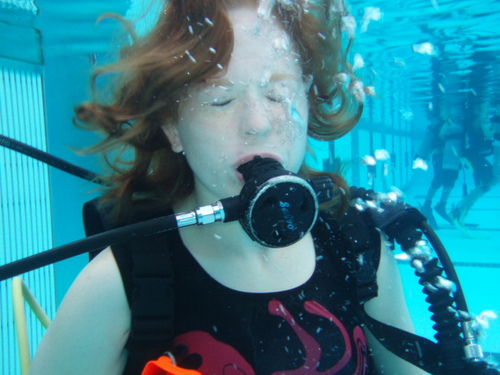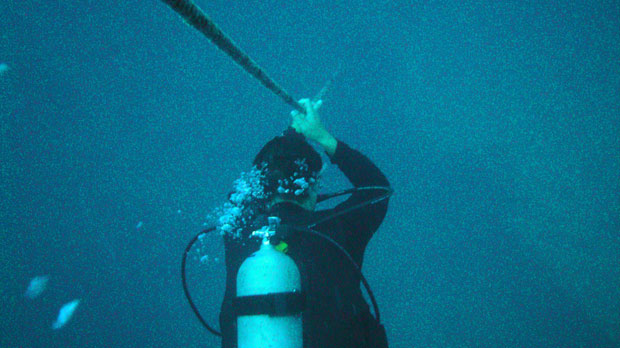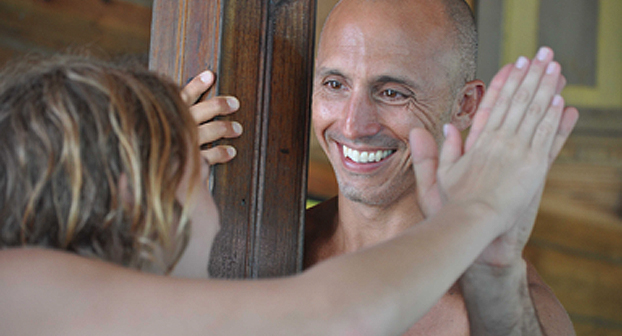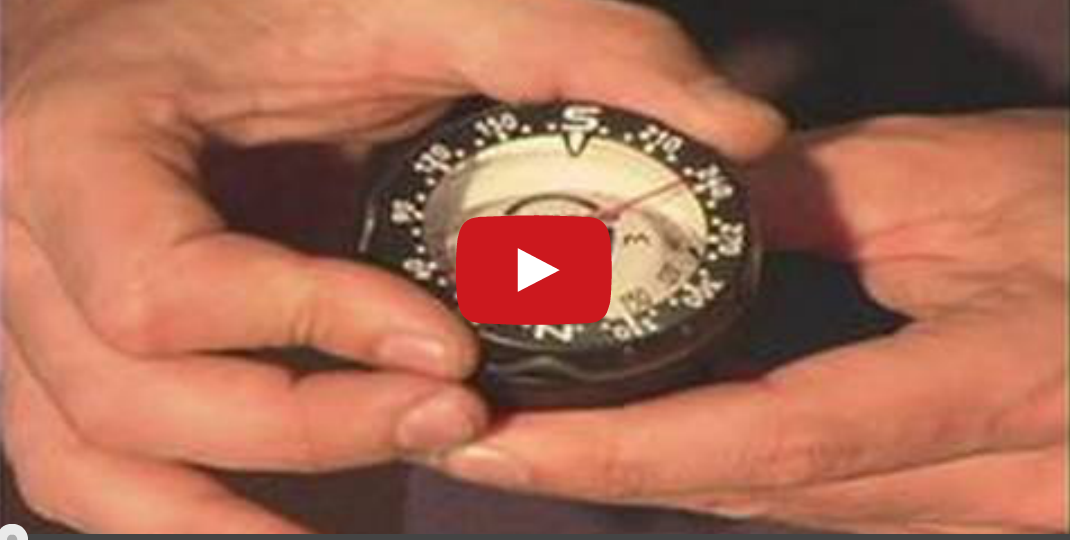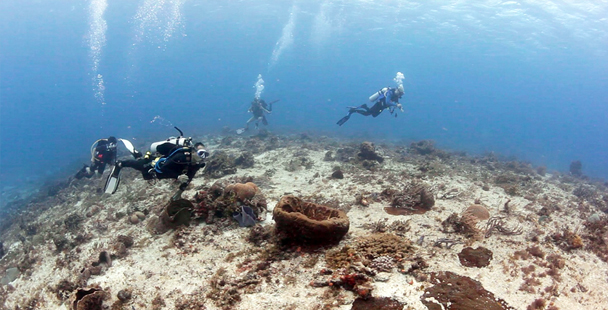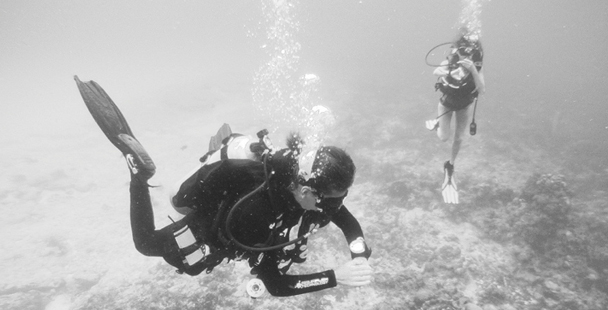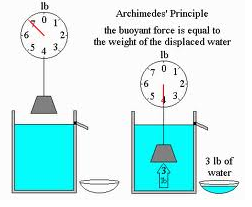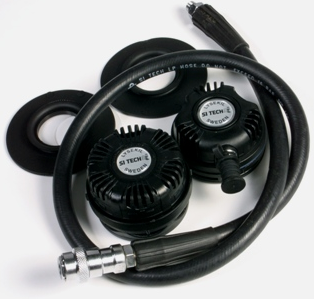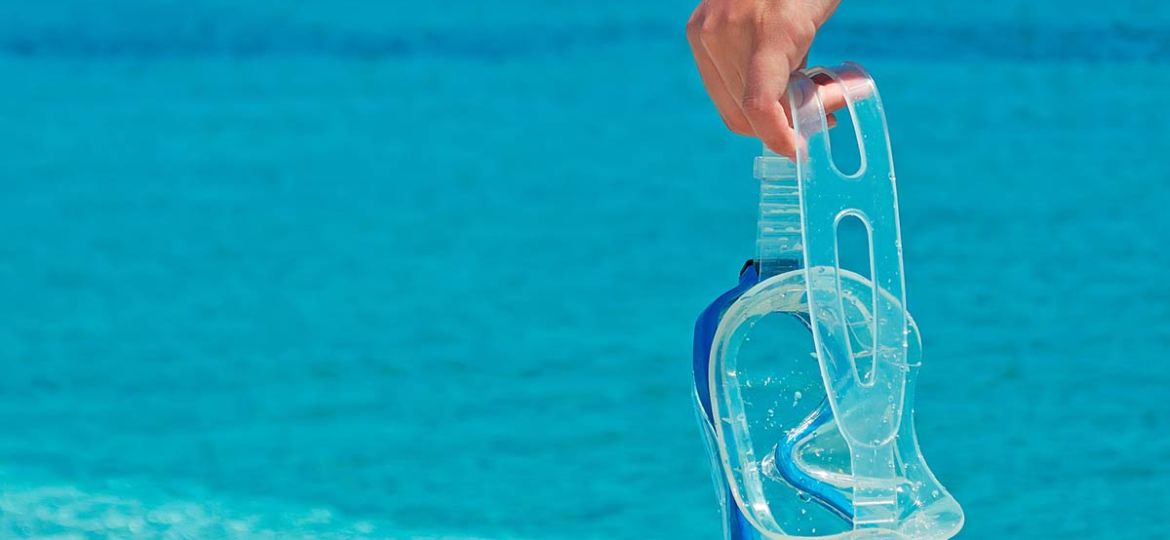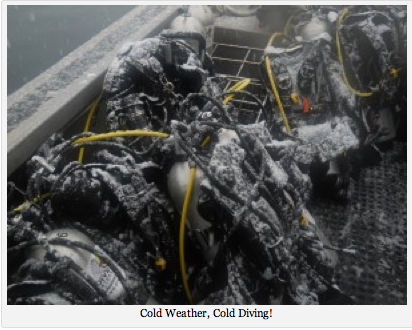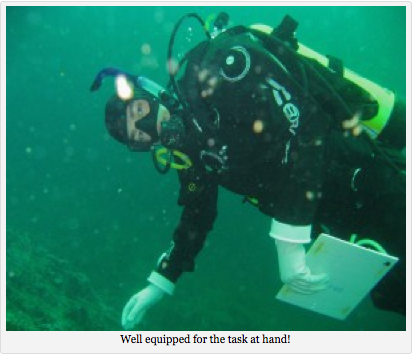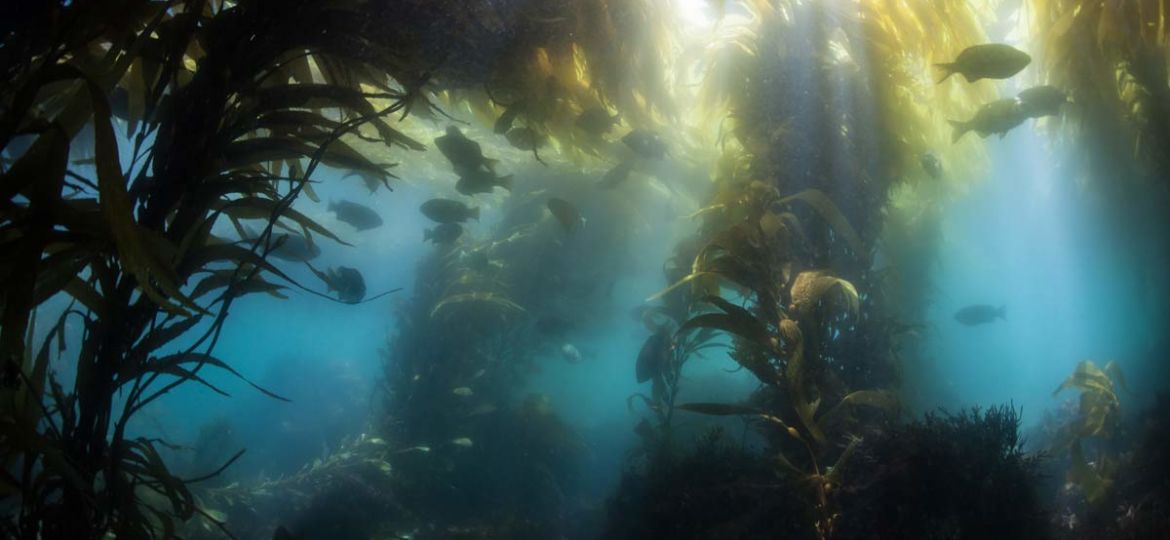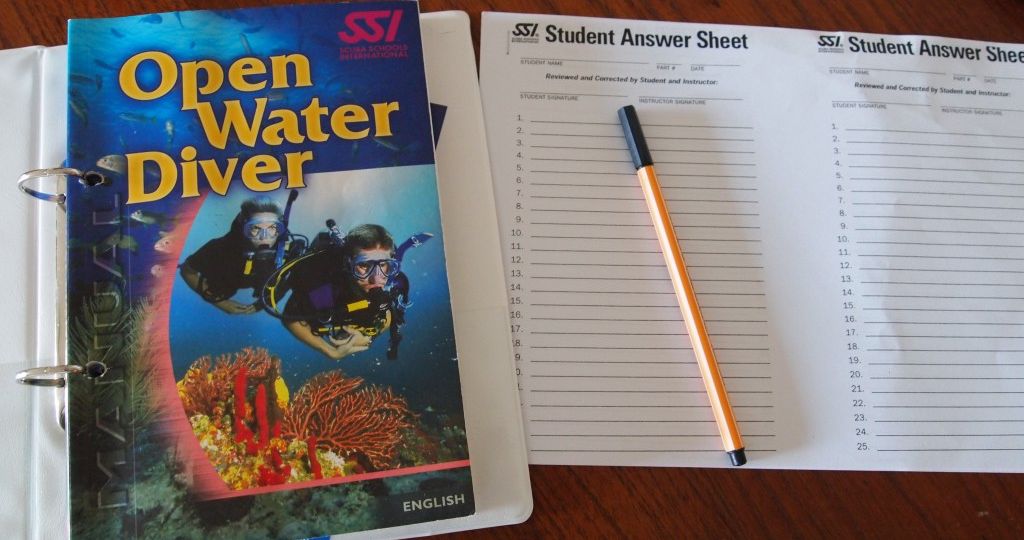Much, maybe even most recreational diving is done from boats that leave from the dock and return on the same day.
New to Scuba
While there are some divers who have trained and are certified to dive alone, we have all been taught that safe diving means diving with a dive buddy.
Everyone hates it, right? It’s why you see so many people holding their noses before they jump into the water.
Are a diver in training about to do your first “real dives” as you anticipate your open water training ?
We all make mistakes throughout our lives, but most of the time we live to tell about them and hopefully learn something from them.
If you’re a diver, you probably have a few answers to that question. And if you’re not (yet) a diver, you might guess a couple.
My first dive at one of the most famous dive locations on Okinawa- Maeda Point- was also my second non-class dive ever and I was the usual excited and nervous!
Are you the type of diver that just follows your dive master around while diving? Have you ever thought about learning to navigate?
I’ll never forget my first memory of the ocean, it was around my 25th birthday and I had just moved to Virginia.
Why read an article written by a “newb”? Or as I’m thinking of coining it- a “newba diver”? Too cheesy? Hm, well, let’s continue then.
I know I can’t speak for everybody; but I know that at any given point, I can’t quickly afford to replace or repair the important parts of my scuba kit.
Tropical water — it’s what most people immediately associate with scuba diving. The warm water, fantastic marine life, and picturesque…
Click here to read pt.1. Click here to read pt2. Cold water diving can be some of the most challenging…
Last time around we covered exposure protection, this time around I’ll be covering buoyancy control devices, regulators and computers.
Getting geared up for cold water diving is something I do on a regular basis.
This post is basically about me getting my open water license on The Great Barrier reef in Cairns, Queensland Australia. I’ll try to be as detailed as I can about the course, the dive and the experience.
Decompression Sickness (DCS) or the bends, as it’s commonly known, is caused by a build up of nitrogen bubbles in the body.


